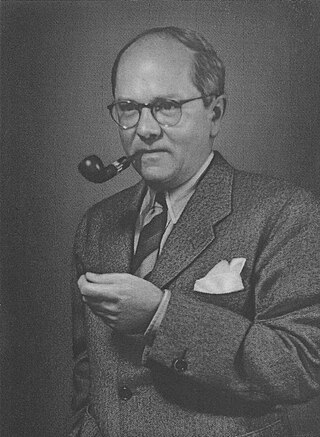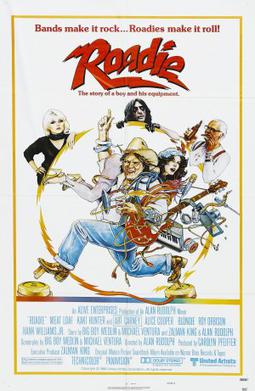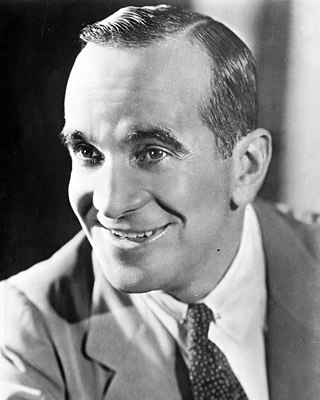This article has multiple issues. Please help improve it or discuss these issues on the talk page . (Learn how and when to remove these template messages)
|
| Hank Williams: The Show He Never Gave | |
|---|---|
| Directed by | David Acomba |
| Written by | Maynard Collins |
| Produced by | Helga Stephenson Henk Van der Kolk William T. Marshall |
| Starring | Sneezy Waters Dixie Seatle Jackie Washington Sean Hewitt Sean McCann |
| Music by | Hank Williams, Sneezy Waters Keith Glass - Guitar Joel Zifkin - Violin David Harvey - Bass Ron Dann - Steel Guitar Peter Beaudoin - Drums |
Release date |
|
Running time | 86 minutes |
| Country | Canada |
| Language | English |
| Budget | CAD$578,000 |
Hank Williams: The Show He Never Gave is a 1980 Canadian film. It was released by Simcom Limited and made by the Film Consortium Of Canada.
Contents
The movie stars Sneezy Waters as Hank Williams Sr. It also stars Dixie Seatle, Sean McCann, Jackie Washington, Joel Zifkin, and Sean Hewitt.
The film was produced by Henk Van Der Kolk and William T. Marshall. Helga Stephenson was the executive producer. It was directed by David Acomba. Maynard Collins wrote it, and it was based on his stage play. The budget was $CAD578,000.
The movie was nominated for "The Tex Ritter Award" at The Country Music 1983 Awards Show. It lost to Tender Mercies . It played at the Toronto Film Festival, the London Film Festival and at FILMEX in Los Angeles, California.
Sneezy Waters sings 23 Hank Williams songs. "Tennessee Waltz", sung by Patti Page, is heard on a jukebox.
Unable to secure music rights for a theatrical release from Acuff-Rose who were concerned about the drugs and alcohol scenes, the film was only shown on television (HBO in the US). The movie was filmed for 6 1/2 days between December 8 and 13, 1980. During rehearsal on December 8, the crew learned that John Lennon had been assassinated. Everyone instantly went down to a vigil held in the square at Toronto City Hall. This news gave the movie a very real sense of melancholy.
While the musical performance and stage banter elements of the film remain true to the original play, director David Acomba was responsible for the overall film adaptation approach situating Hank in his final car ride on New Year's eve 1952 while he imagines an ideal small roadside bar performance. Acomba worked with Collins introducing fictitious characters representing important influences on Hank's music. Although in colour, the desaturated visual style using fixed lenses is intended to evoke an old 50's television kinescope recording - inspired by Hank's last appearance on the Kate Smith Show in March 1952.
Waters changed some of the lyrics of "Too Many Parties", making it about the brother of a lawyer instead of a wayward woman. He added new lyrics to "Men With Broken Hearts" ("And even sleep brings no relief to these men who curse their births/they have no dreams of happiness left in heaven or on earth/for how can men have faith in God when faith in fellow man departs") and rearranged other lyrics.
This movie is available on two DVDs, from White Star and Echo Bridge. Neither contain any extras. Both are full-screen.











